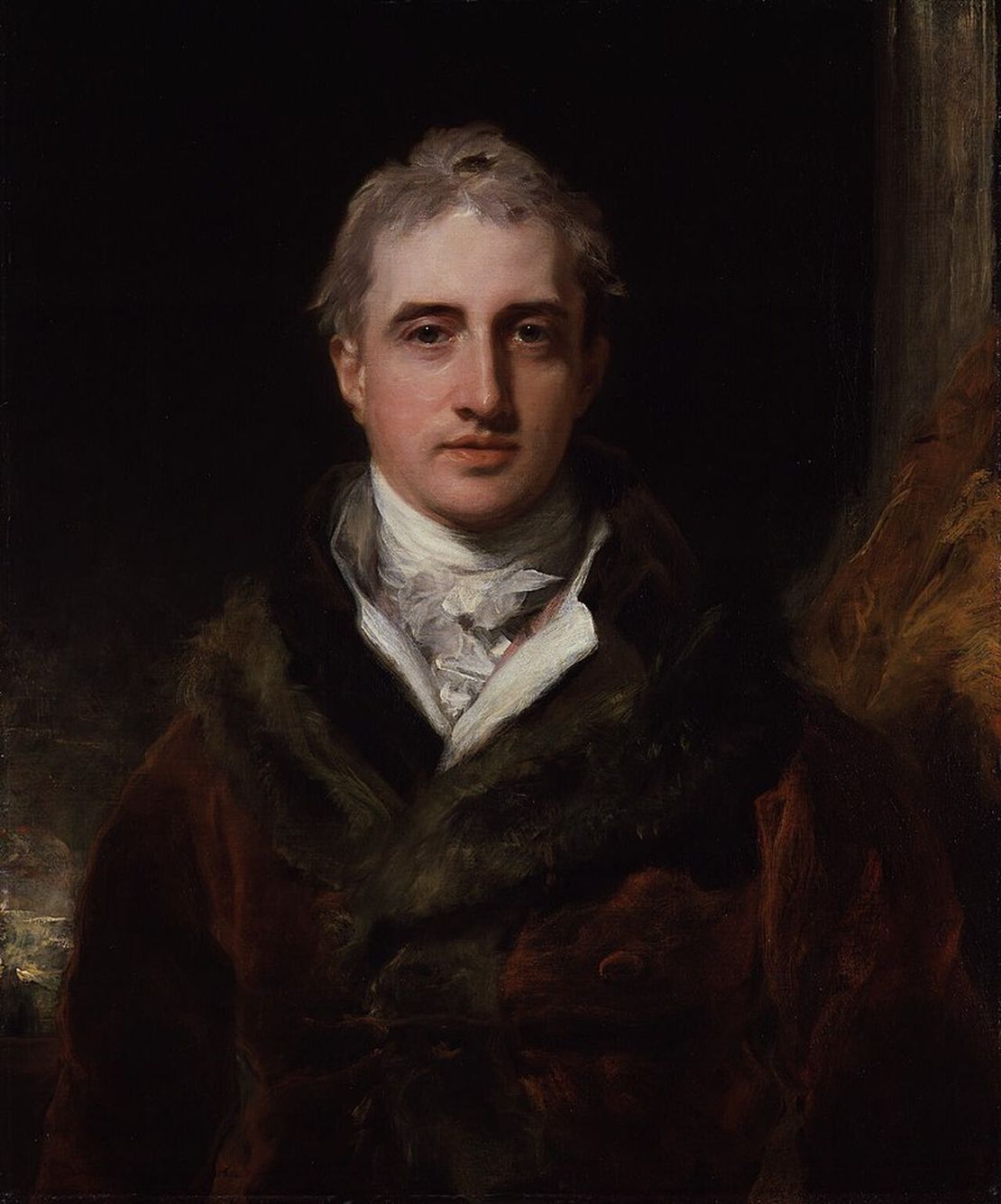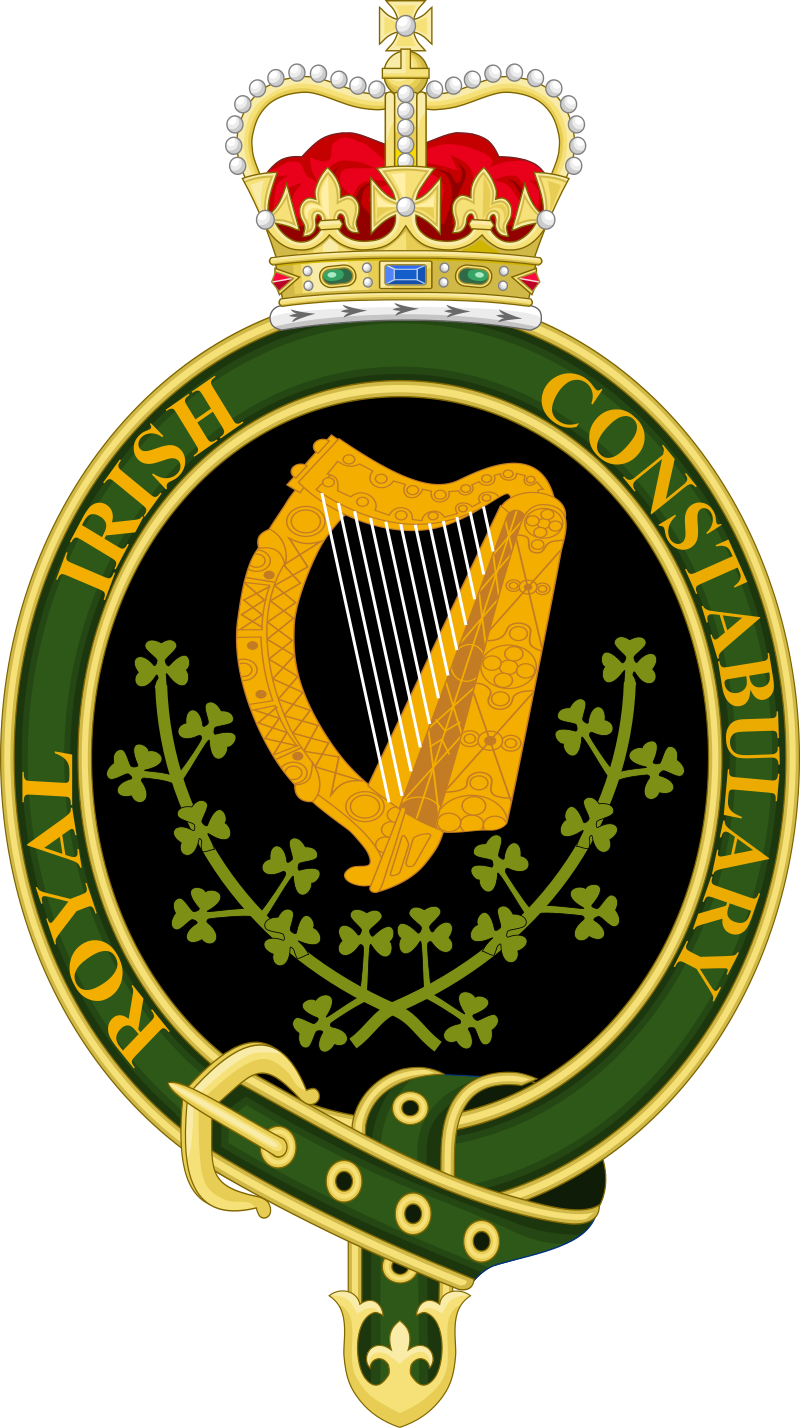- August 12, 1822
Robert Stewart, Viscount Castlereagh, a prominent British statesman and one of the leading architects of British foreign policy during the Napoleonic Wars and the post-war settlement, committed suicide on August 12, 1822. He took his own life by cutting his throat with a penknife at his home in Loring Hall, Kent, England.
Background
-
Political Career: Robert Stewart, Viscount Castlereagh, was born in 1769 in Dublin, Ireland. He was a central figure in British politics during the late 18th and early 19th centuries. Castlereagh served as Chief Secretary for Ireland, where he played a key role in passing the Act of Union in 1800, which merged the Kingdom of Ireland with the Kingdom of Great Britain. He later held several important positions, including Secretary of State for War and the Colonies and, most notably, Foreign Secretary.
-
Role in the Napoleonic Wars: As Foreign Secretary, Castlereagh was instrumental in building the coalition that ultimately defeated Napoleon Bonaparte. He was a leading figure at the Congress of Vienna (1814-1815), where he helped shape the post-war European order. His diplomatic efforts were crucial in establishing a balance of power in Europe that maintained peace for several decades.
-
Controversy and Criticism: Despite his achievements, Castlereagh was a deeply unpopular figure in both Britain and Ireland. His role in the suppression of the Irish Rebellion of 1798 and the harsh measures he supported during his time in Ireland earned him the enmity of many Irish nationalists. In Britain, his support for repressive measures, such as the suspension of habeas corpus and the Peterloo Massacre, made him a target of public and political criticism.
Mental Health and Suicide
-
Declining Mental Health: In the months leading up to his death, Castlereagh’s mental health deteriorated significantly. He began to suffer from severe depression, paranoia, and hallucinations. It is believed that he was under immense stress due to the pressures of his office, combined with the hostility he faced from the public and political opponents.
-
Suicide: On August 12, 1822, Castlereagh took his own life by cutting his throat with a penknife. His death shocked the political establishment and the public. At the time, suicide carried a significant social stigma, particularly for someone of his high rank and political importance.
Aftermath and Legacy
-
Immediate Reactions: Castlereagh’s death was met with a mixture of shock, sympathy, and harsh criticism. Some of his political opponents reacted with barely concealed satisfaction, while others recognized the tragic nature of his death and the immense pressures he had faced.
-
Legacy: Castlereagh’s legacy is complex. While he was vilified by many during his lifetime, especially in Ireland, he is also remembered as a skilled diplomat and statesman who played a key role in shaping post-Napoleonic Europe. His contributions to the Congress of Vienna and the creation of the European balance of power system are often cited as his most significant achievements.
-
Historical Assessment: Over time, historical assessments of Castlereagh have become more nuanced. While his actions in Ireland and his repressive policies are still criticized, his diplomatic achievements and his vision for a stable Europe have been recognized as significant contributions to European history.
The tragic death of Robert Stewart, Viscount Castlereagh, highlights the intense pressures faced by political leaders and the toll that public life can take on mental health. His legacy as a statesman continues to be debated, but his role in shaping early 19th-century Europe is undeniable.

 ← Irish Constabulary Act sets up county police forces and salaried magistracy
← Irish Constabulary Act sets up county police forces and salaried magistracy
 Visit of George IV to Edinburgh began, orchestrated by Sir Walter Scott. →
Visit of George IV to Edinburgh began, orchestrated by Sir Walter Scott. →